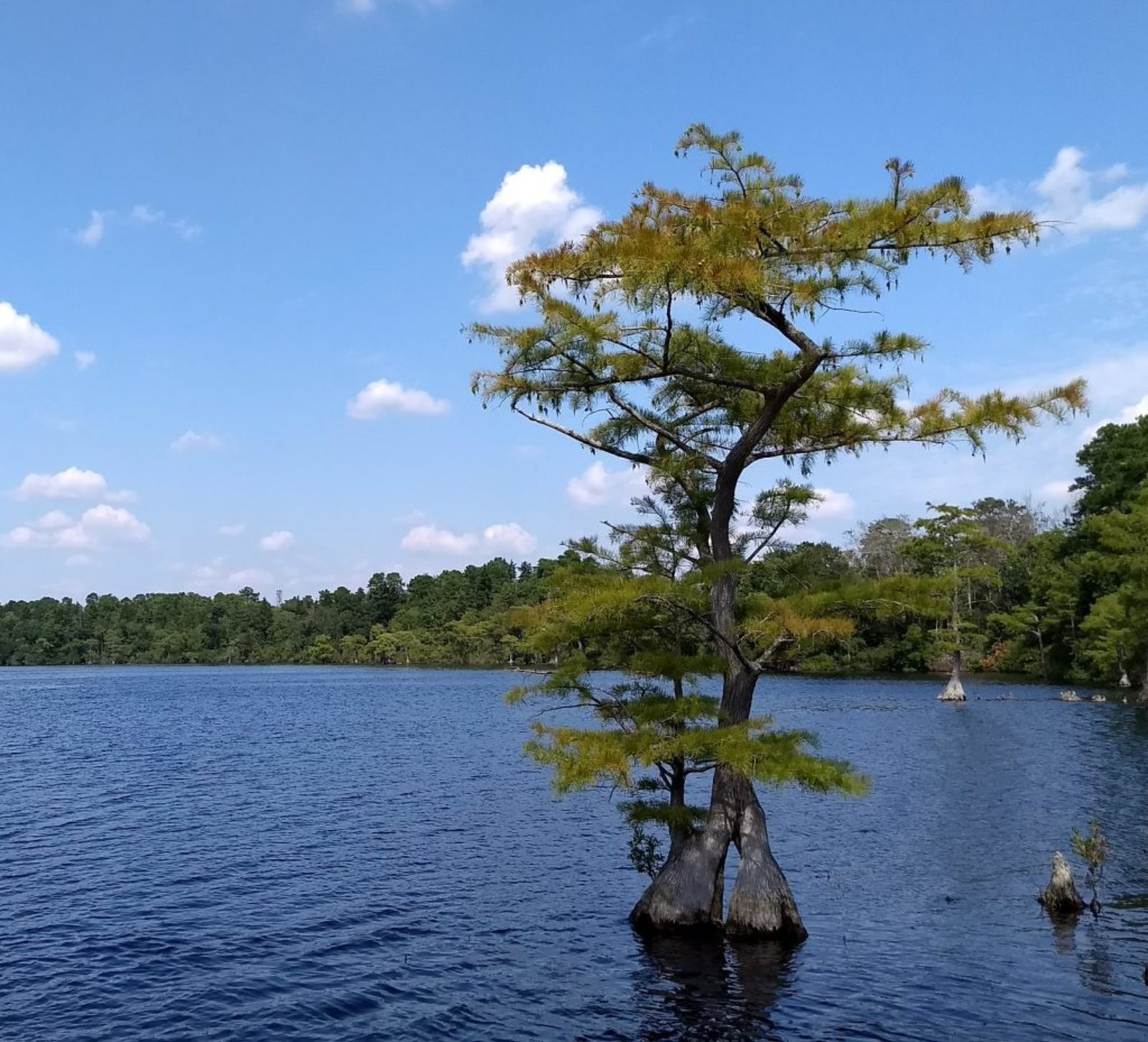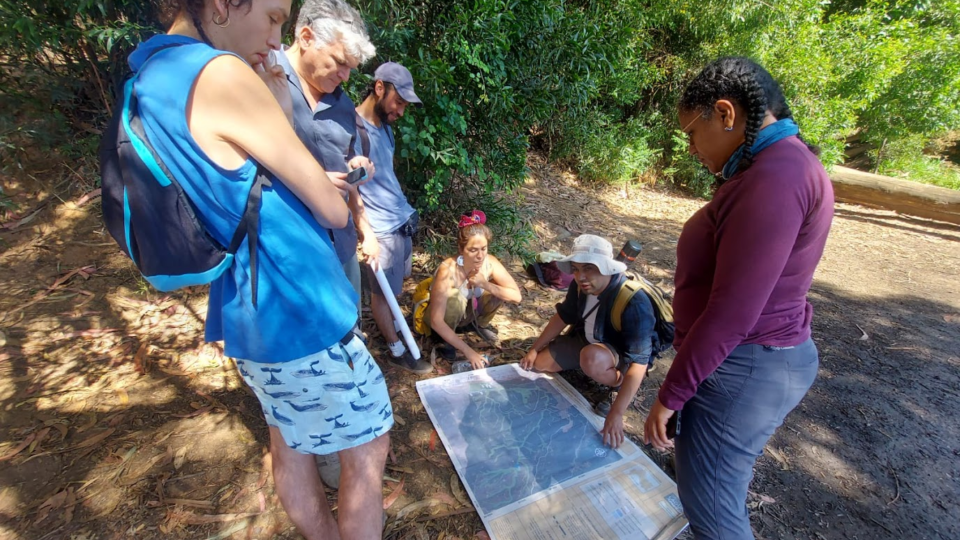Why Study Lake Water Storage?
 Jones Lake in Bladen County, North Carolina.
Jones Lake in Bladen County, North Carolina.
We do that by observing how both the lake surface height and the lake surface area is changing. When we can measure those changes, we can determine how the volume of water in a lake has changed. For instance, we found that between July 21, 2017 and August 22, 2017, Jones Lake (North Carolina) showed a net loss of about 7.5 million gallons of water. That is a very large amount of water and a good example of how we are combining citizen science data with satellite data to better understand our lakes. But oftentimes, when we use an example like this to explain our project, we get asked a very important question:
Why does it matter?
This is a fundamental question for any research project, including ours. So, why is it important to study the amount of water in lakes? We believe that this work is important because lakes themselves are important. In many parts of the world, lakes are a primary source of drinking water and irrigation. In some areas, lakes can lessen the harmful effects of flooding on humans or are used to generate electricity. They provide critical habitat for plants and fish, as well as other wildlife. They provide us with places to boat and swim or to catch fish for food or recreation. Lakes are extremely important natural resources, and the amount of water in a lake greatly impacts the plants, animals, and humans that rely on it.
In the coming weeks and months, we will dive into this subject deeper. We will publish posts on what changes in lake water storage can tell us about the water cycle, how changes in lake water storage can affect wildlife, and the impacts of changing lake volumes on humans.
So stay tuned!
This is the first in a series of posts that explores why it is important to study lake water storage. Other posts in this series include:
Why Are Lake Levels Important To Wildlife?
What Can Lake Water Storage Tell Us About the Water Cycle?
Why Are Lake Levels Important To People?
LOCSS News
We share stories about the lakes in our study, our partners and volunteer citizen scientists, as well as interesting results from our research.





